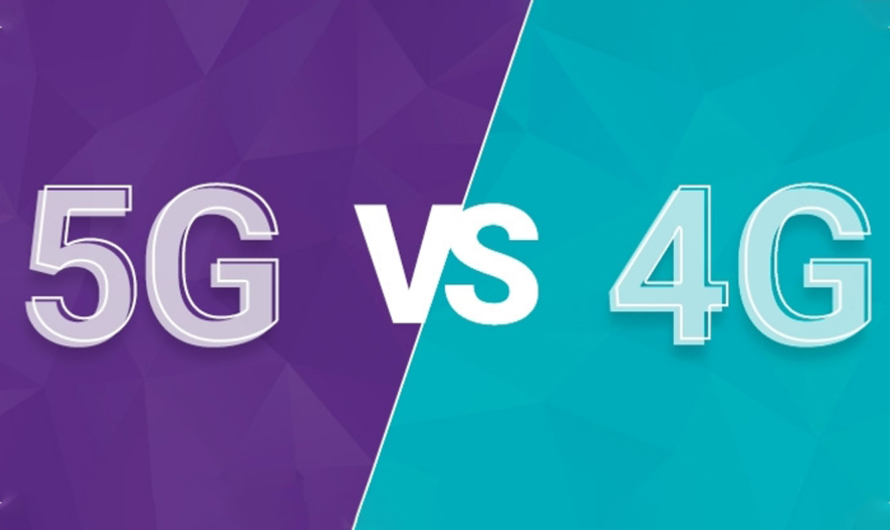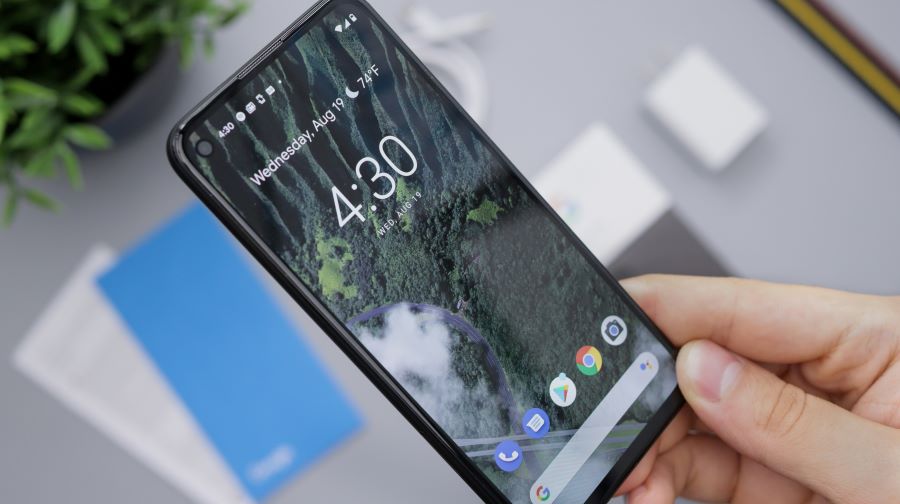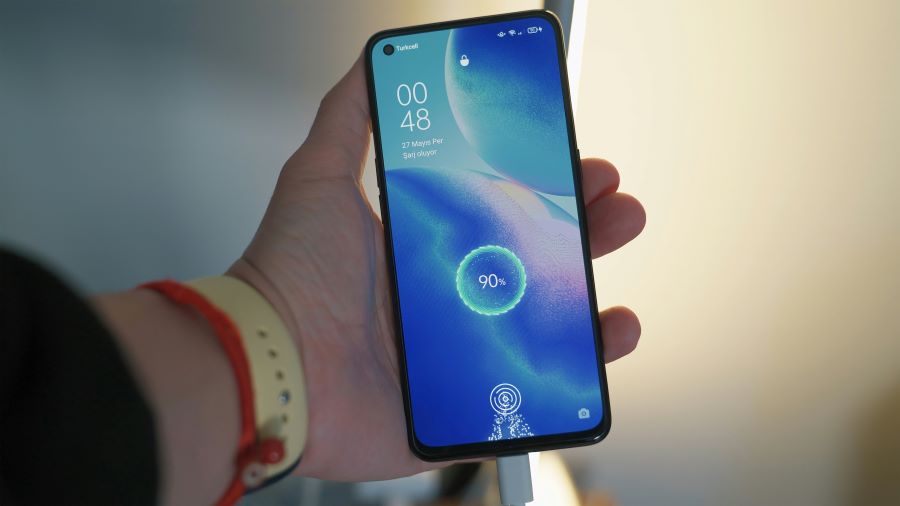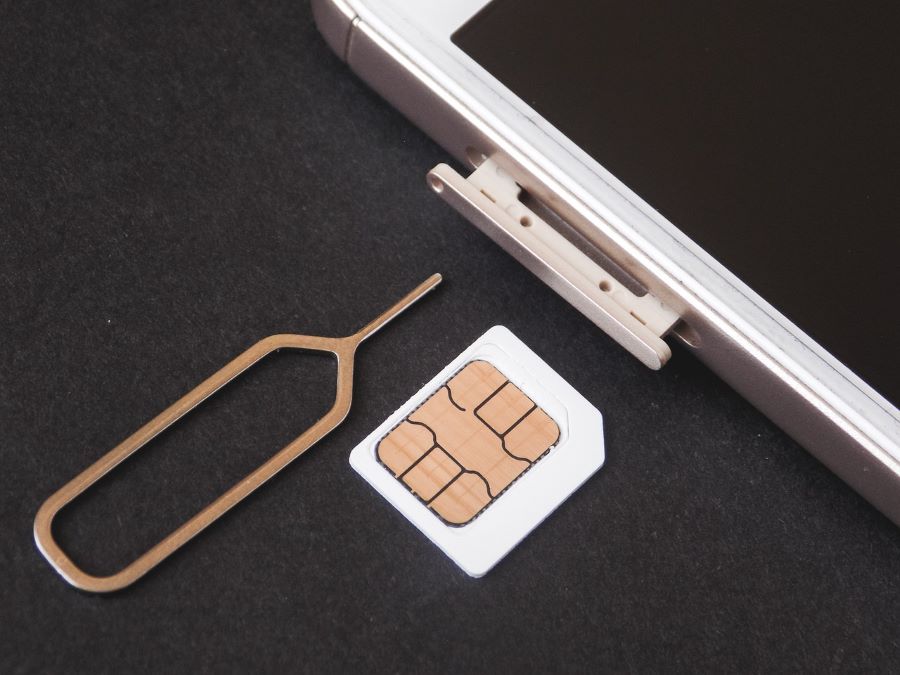Every decade the cellular industry undergoes a major upgrade to its wireless infrastructure. While the first three generations took the mobile technology forward in large steps, 4G and 5G are expected to do wonders for the industry. But people often pit these two against each other, where people compare the benefits of 4G vs 5G.
Buy Airtel Postpaid with exciting benefits!
In this article, we will understand these two network technologies and how they are different from each other in detail below:
What is 4G?
4G, essentially stands for ‘fourth generation communications system’, which represents an upgrade from 3G. It is the current standard for mobile internet technology.
The primary objective of a 4G technology is to address the two major issues of speed and network congestion. Hence, ever since its introduction in 2012, the technology has been adopted by many leading network providers across the world.
Until the release of 5G, it was considered the most advanced mobile communications system.
How does 4G work?
4G networks are IP-based (internet protocol). Hence, it uses the standardized communications protocol to send and receive in packets.
With these standardized packets, your data can quite easily transverse all sorts of networks (without being scrambled or corrupted).
To send and receive packets, your mobile phone needs to first communicate with the base station (tall cell towers affixed with antenna equipment). Once done, the base station will further relay the data from the internet and your mobile phone.
Now that you know what a 4G is and how it works, let’s proceed further to understand the meaning and working of 5G network in detail below:
What is 5G?
It is the 5th generation of wireless network technology. It is built on millimetre waves, a section of the high-frequency spectrum, which moves upwards between 20 GHz and 96 GHz.
Thus, 5G delivers speed- up to 20-30 times faster than 4G- the level of performance needed for an increasingly connected society. Hence, movies, 4K videos, games – everything will be completed in an instant.
How does 5G work?
5G is the latest digital system, which uses a radio interface along with other new technologies to transfer exponentially more data over the air for faster speeds, reduced congestion, and lower latency.
It consists of two main components:
The Radio Access Network
It comprises several types of facilities including small cells, which are a major feature of 5G networks. It is particularly useful at the new millimetre wave (mmWave) frequencies where the connection range is short.
These cells provide continuous connection as they are distributed in clusters depending on where the users require a connection that complements the macro network. This will benefit the people to stay connected to the network at all times.
The Core Network
It is the mobile exchange and data network, which manages the mobile voice, data, and internet connections.
For 5G, the core network is redesigned to integrate better with the internet and cloud services. In addition to this, it includes distributed servers across the network to improve response times.
Now that you know the definition and working of a 5G network, let’s proceed further to understand the clear differences between the two technologies:
What is the difference between 4G vs 5G?
Still wondering about 4G vs 5G? Here’s a quick breakdown of the huge differences between the two networking technologies:
Speed in 4G vs 5G
This is an important and the biggest difference between 4G and 5G. 4G can currently reach top speeds of up to 100 Mbps, though the real-world performance is no more than 35 Mbps. On the other hand, Airtel 5G will be 20-30 times faster than the current 4G internet speeds. It will be a huge improvement over anything that you have experienced till now.
Latency in 4G vs 5G
Latency is the time taken for packets of information to travel between two points. In simple terms, it can also be termed as the delay that taxes any data transfer, no matter how fast the connection is.
Latency in 4G networks is currently about 50 milliseconds, while 5G networks are expected to shrink to that of an impressive 1 Ms.
Coverage in 4G vs 5G
4G network technology has been around for over a decade. Despite this, certain remote and rural areas around the world receive poor 4G coverage.
5G, on the other hand, has been recently introduced. However, Airtel 5G will be introduced by October 22, and will be present in metro cities by the end of the year. Furthermore, Airtel 5G will also be present across the major Indian cities by the end of 2023.
Bandwidth in 4G vs 5G
5G is expected to have significantly more bandwidth or capacity than 4G. This is simply because it will make much more efficient use of the available spectrum.
4G, on the other hand, uses a narrow slice of the available spectrum from 600 MHz to 2.5 MHz. But, 5G is divided into three different bands. Each band has its own frequency, range, and speed. In addition to this, it will also have different applications and use cases for different customers, businesses, and industries. This clearly indicates a substantially higher capacity on 5G.
Which one is better?
The above 4G and 5G differences clearly show that 5G network technology is a better option than 4G technology, mainly due to its attractive benefits. Some of them include reduced latency, faster speed, higher bandwidth, and so forth.
Once you start using Airtel 5G, you will understand the degree of differences between the two networks. Airtel 5G will provide you with a whole new experience, something never seen before. We do hope you have got a 5G smartphone that can handle these impressive mobile data speeds.
Conclusion
4G and 5G network technologies are way different from one another. Thus, 4G vs 5G throws up a lot of differences. While 4G is on the verge of becoming outdated, 5G is speculated to become the future of mobile networks. So, get your hands on the best 5G plans to receive a better and bigger mobile experience! When 4G vs 5G does happen, it is no secret that 5G is the winner.


 Get App
Get App  Airtel Store
Airtel Store  Login
Login 


